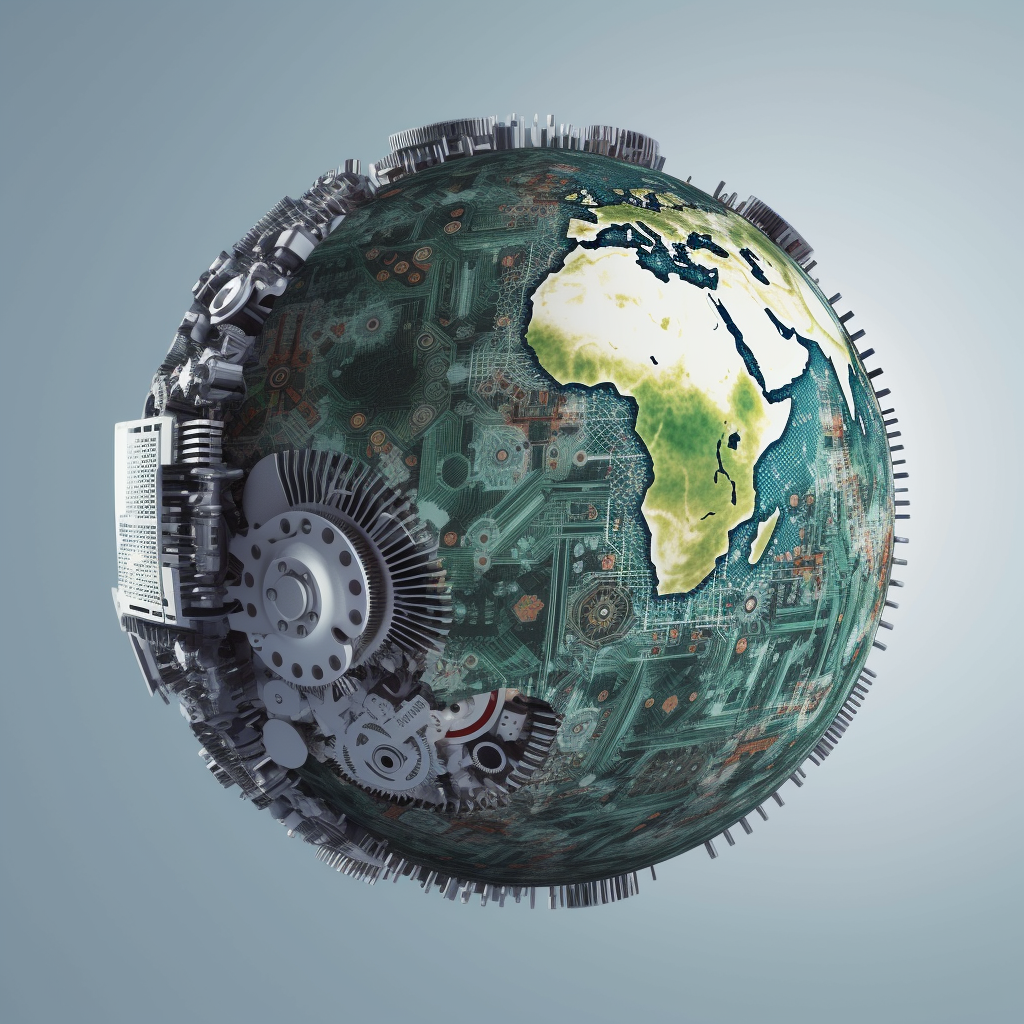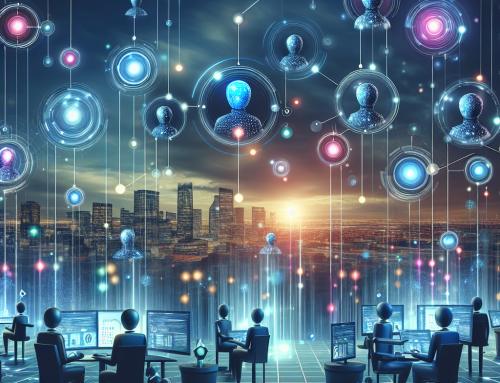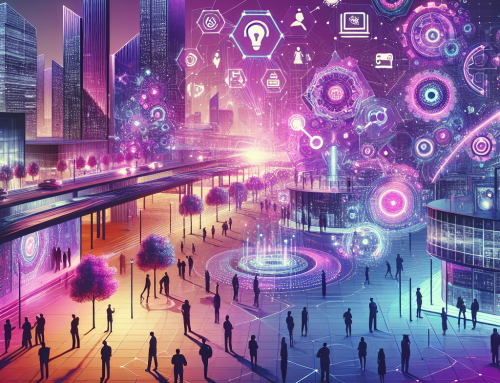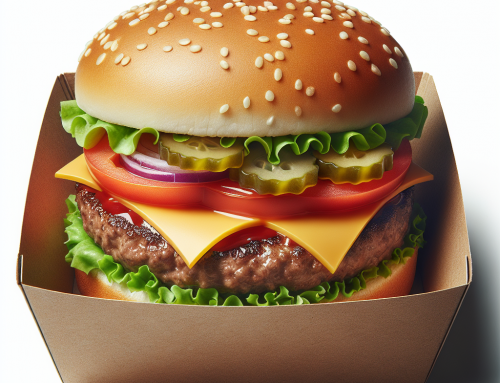
Artificial Intelligence (AI) technologies have the potential to combat climate change by improving energy efficiency and reducing carbon emissions. However, they also pose potential threats to human existence, such as mass unemployment and increased inequality. As a result, several prominent figures in the AI and technology industries have called for ethical and regulatory frameworks to ensure the responsible use of AI.
Elon Musk, CEO of Tesla and SpaceX, has warned that AI is a greater threat to humanity than nuclear weapons, highlighting the need for ethical and regulatory frameworks. Similarly, AI pioneer Yoshua Bengio has expressed concern that AI may be a more urgent threat than climate change. Bengio calls for global cooperation to address the potential dangers of AI, including surveillance, autonomous weapons, and fake news.
Bengio is particularly concerned about the monopolization of AI advancements by powerful entities, which could lead to increased inequality and social unrest. Regulating AI is essential to prevent a small group of people from controlling the technology and ensuring it is used responsibly to fight climate change and improve healthcare.
The “Godfather of AI,” Yoshua Bengio, emphasizes the need for collaboration between governments and tech companies to ensure AI benefits humanity instead of causing harm. Bengio is concerned about the potential use of AI for military purposes, surveillance, and the concentration of power in a few companies. He suggests that governments should regulate and set boundaries on AI applications to prevent potential misuse.
AI can be a positive force in solving global problems like climate change and poverty if used ethically and responsibly. This requires a delicate balance between innovation and regulation. By working together, governments, tech companies, and AI researchers can ensure the ethical and responsible use of AI, harnessing its potential to create a sustainable future for all.






